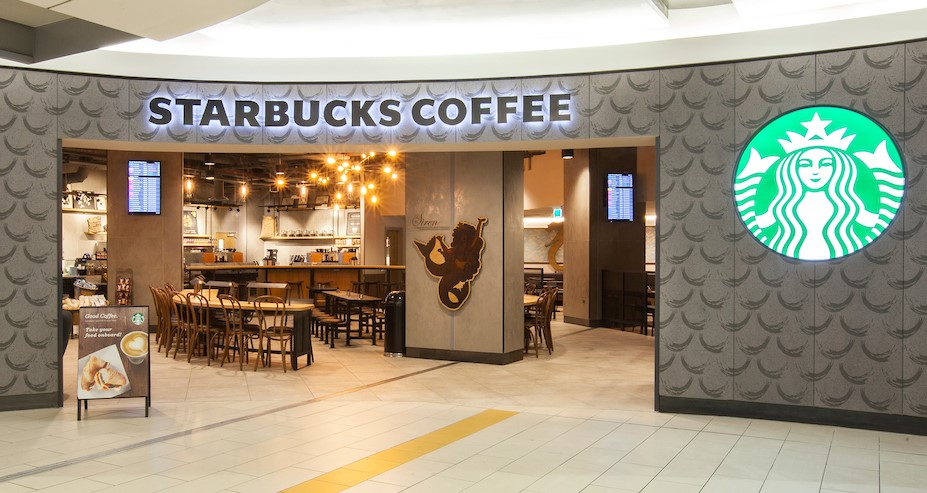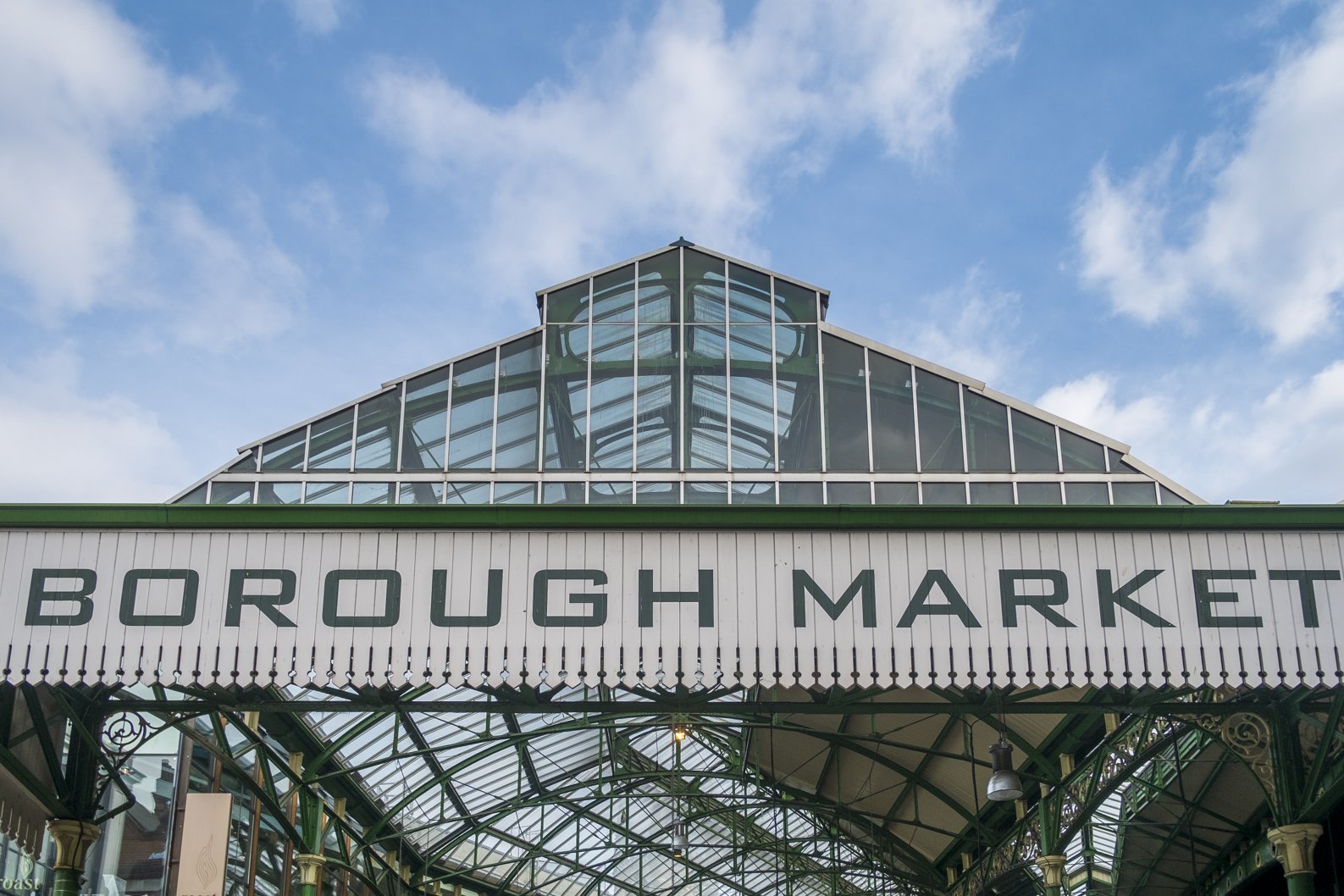Britons buy five times the amount of clothing they bought in the 1980s*, so environmental charity Hubbub and natural knitwear experts WoolOvers have come together to look at the generational differences in attitudes towards fashion among British women; To explore how attitudes differ by age and what knowledge can be shared.
The survey of 2,000 women by Censuswide, alongside a series of focus groups found that younger women can learn a lot from their mothers’ and grandmothers’ about what makes a good quality product, and how to extend its lifetime through care and repair.
Women aged 54 and above take a much more mindful approach to fashion, spending £49 each on average per month but spreading the cost and only buying a new item of clothing every 3-5 months. And almost two thirds (62%) expect their clothes to last for several years.
Whilst British women aged 16-37 (Generation Z and Millennials) spend on average £81 each per month, with 26% of Generation Z buying new clothing between 2-3 times per month. But not even half of these young women (47%) expect their clothes to last many years, with the quality of the design being prioritised much lower than price and fit.
So what is influencing this difference in attitudes towards buying and caring for clothes between the generations?
One of the biggest impacts is likely the shopping experience itself. A third of Baby Boomers (54-72 year-olds) and the Silent Generation (73 year-olds +), shop seasonally, only 18% of Generation Z do the same, as fast fashion allows them to shop 52 ‘micro seasons’ a year.
With the introduction of online shopping in the late 1990s, young women have gone from being influenced by their mothers and grandmothers on where to shop to having multiple avenues of influence via their phone from apps and social media. Generation Z’s spending is impulsive, with social media and the media playing a big part in influencing them on what to buy. They admit to feeling guilty about the money they have spent and are left stressed that they have spent more than they can afford.
It’s also clear that the implications of buying new clothes this way are not fully understood, despite there being concerns about the environmental implications of fashion, less than half (42%) of Generation Z women know what the term ‘fast fashion’ actually means, compared to more than two thirds – 67% – of Baby Boomers.
Fast fashion items, which are produced rapidly by mass-market retailers in response to the latest trends, are then consequently falling apart, and when clothing become damaged only 30% of Gen Z will repair it themselves, with a quarter asking a friend of relative to fix it for them. Whereas more than half (51%) of Baby Boomers repair their own clothes. This was explored further in the focus groups, which resulted in women admitting that fashion had become so cheap that even sewing a button back on seemed like a useless skill. The main reason for not knowing how to repair clothing being down to whether or not they were taught how to by a family member or at school.
Heather Poore, Creative Director at Hubbub, said: “In a world where sustainable living is so high on the agenda, the fashion industry is somehow still getting away with a ‘business as usual’ approach. While some retailers have introduced ethical lines, people still do not feel educated on the environmental impact of the industry and so are prioritising price and convenience over sustainability. Our research shows that the Baby Boomers and Silent Generation seem to hold the secret to how to buy good quality items and if needed, repair them to extend their lifetime. We need to get women across the UK talking and sharing these invaluable skills and insights, in a bid to tackle the damaging effects of fast fashion.”
Mike Lester, CEO of WoolOvers, said: “The relationship between generations is important: young women often learn their first style lessons from their mothers and grandmothers while daughters educate their elders on new fashion trends. However, little is known about what older women’s think about the environmental impact of fashion and how and whether they are communicating on this with younger women, so it was something we were keen to explore. It’s clear just how much attitudes differ between the generations and the valuable knowledge mothers and grandmothers can pass on to young women to help them make a positive impact on both their bank balance and the environment.”
To help pass the knowledge on, Hubbub and WoolOvers have collated some of the Baby Boomers’ fashion advice in a series of tips and infographics, download Images and Infographics here.









 Summer is the season for occasion wear, special outfits purchased for weddings, BBQs, holidays and festivals. Millions of these outfits are bought new every year and never worn again, damaging people’s purses and the planet. That is why Barnardo’s is asking people to think ‘pre-loved’ before buying new and check out the gems to be found at their local Barnardo’s store.
Summer is the season for occasion wear, special outfits purchased for weddings, BBQs, holidays and festivals. Millions of these outfits are bought new every year and never worn again, damaging people’s purses and the planet. That is why Barnardo’s is asking people to think ‘pre-loved’ before buying new and check out the gems to be found at their local Barnardo’s store.
 A new campaign has been launched today to encourage parents to dispose of used nappies in their general rubbish bin, after one in 10 UK parents of under 3s admitted to putting them in with the household recycling.North London Waste Authority (NLWA) has revealed how lorry-loads of recycling have to be thrown away because they have so many nappies in them. The scourge of nappy contamination also forces recycling centre workers to pull filthy nappies off conveyor belts by hand so the rest of the recycling can be processed properly.NLWA wants to help parents do the right thing with used nappies and avoid causing these problems. Disposing of nappies properly not only helps the environment, it also helps reduce the staggering £1.5m cost of contamination met by north London taxpayers every year.The #BinYourNappy campaign reminds parents to put used nappies in their general waste bin.
A new campaign has been launched today to encourage parents to dispose of used nappies in their general rubbish bin, after one in 10 UK parents of under 3s admitted to putting them in with the household recycling.North London Waste Authority (NLWA) has revealed how lorry-loads of recycling have to be thrown away because they have so many nappies in them. The scourge of nappy contamination also forces recycling centre workers to pull filthy nappies off conveyor belts by hand so the rest of the recycling can be processed properly.NLWA wants to help parents do the right thing with used nappies and avoid causing these problems. Disposing of nappies properly not only helps the environment, it also helps reduce the staggering £1.5m cost of contamination met by north London taxpayers every year.The #BinYourNappy campaign reminds parents to put used nappies in their general waste bin.







